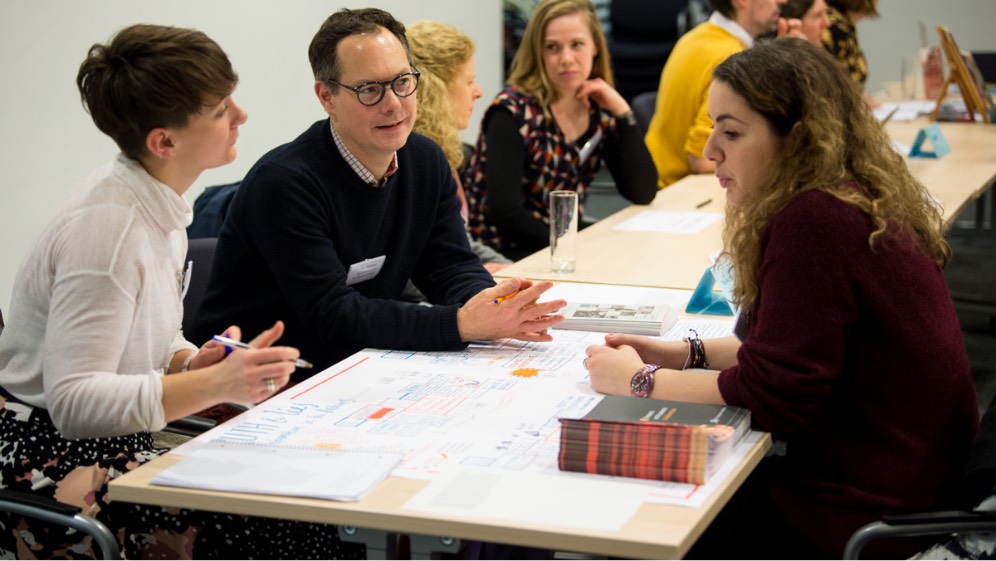The Live Art Development Agency (LADA) is seeking a motivated and detail-oriented individual for a 6-month Archive and Collections Placement. This placement offers a unique opportunity to gain hands-on experience in collections management, archival practice, and research within a leading arts organisation.
Key Outputs of the Placement:
- Conduct an audit of collection holdings, documenting existing items, identifying gaps, and assessing condition and accessibility.
- Undertake desk-based research to support strategic development of the archive and collections.
- Develop an outline Collections Development and Acquisitions Policy to guide future acquisitions and management of LADA’s holdings.
View the full job description, person specification and instructions for applying in the recruitment pack.
The closing date for applications is Friday 6th March 2026 at 6pm.



